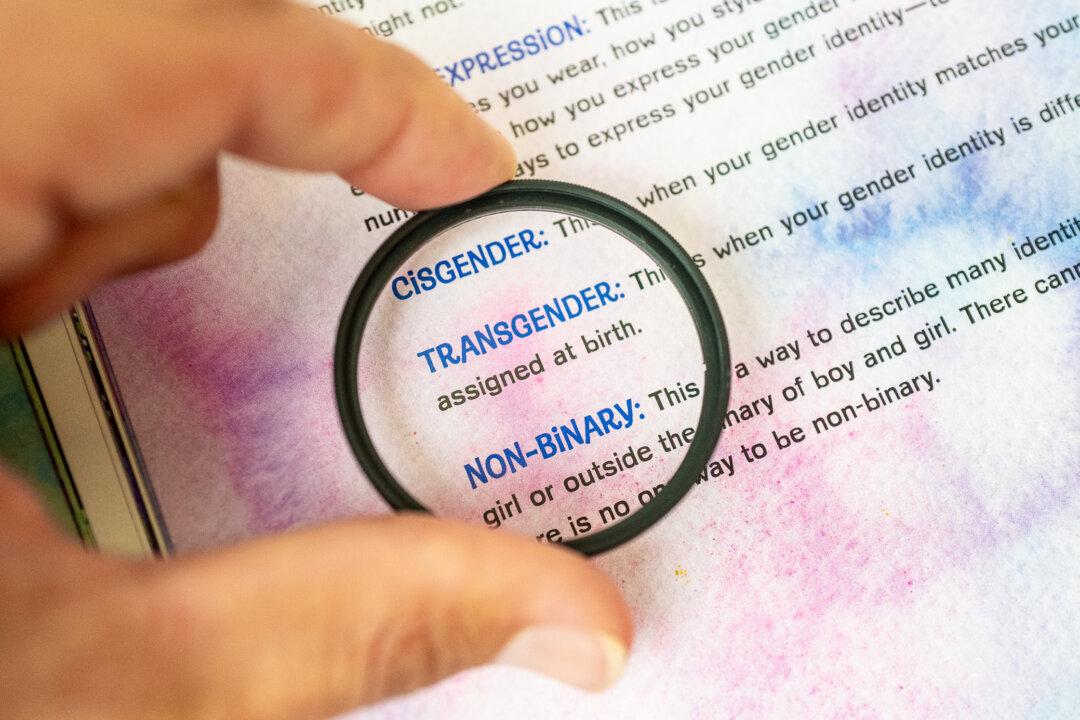A Florida school district says parents are responsible for blocking inappropriate content from a reading program made available by the district to students online. The Florida Department of Education says otherwise.
During the 2022-2023 school year, Kristy L. Agerton-Marshall discovered that her eight-year-old, third-grade daughter was being exposed to books with content prohibited in schools by Florida laws. More disturbing was the revelation that the books are recommended for her daughter through a reading program on her school district’s website.





